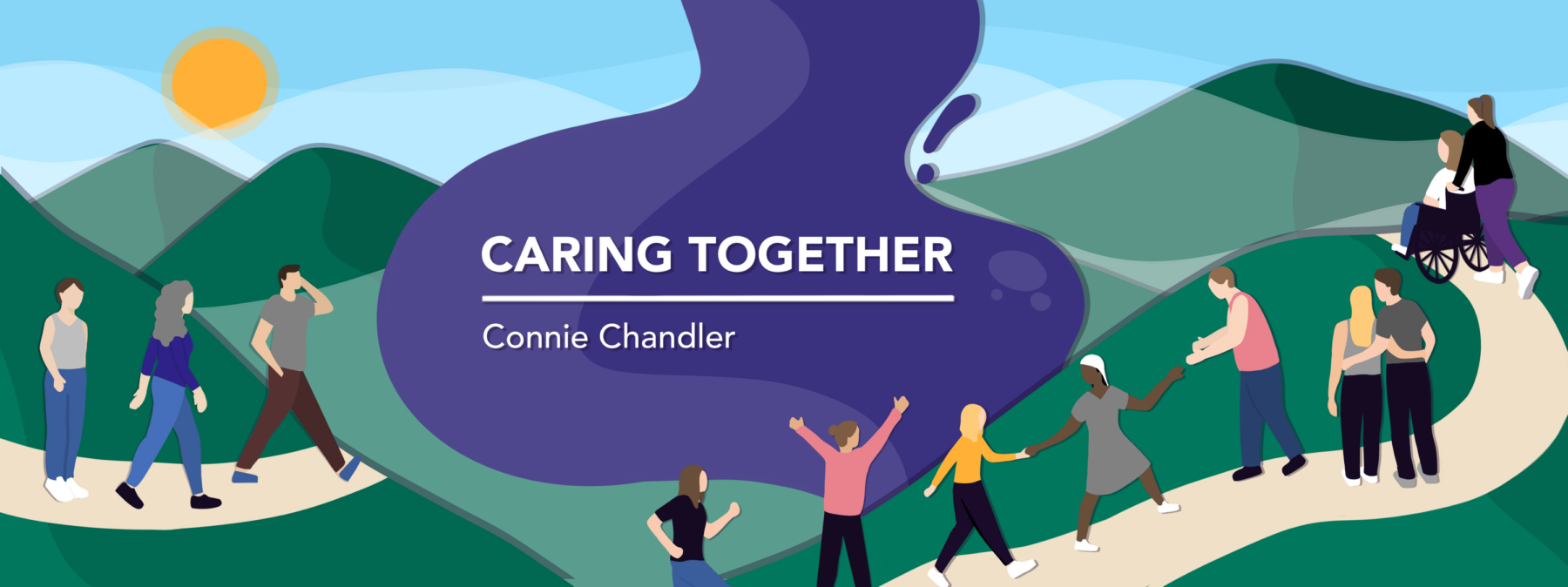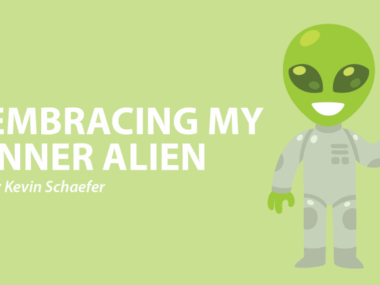Leading with the power of our positive stories
When prognoses are bleak, let doctors know about the good that's in our lives
Written by |

Last week I had the honor of speaking at and participating in the 39th annual SOFT Conference. SOFT, which stands for Support Organization for Trisomy 18, 13, and Related Disorders, is a nonprofit that offers support and connection for families around the country who have a loved one with those conditions.
Trisomy 18 is also known as Edwards syndrome, and trisomy 13 as Patau syndrome; both severely affect a child’s physical development. While I have SMA and am not directly affected by these conditions, I knew a few affected families before the conference because of the work I do with We Carry Kevan, founded by Kevan Chandler, who has SMA type 2 and, through the organization and his travels and advocacy, wants to redefine accessibility. Appearing at the SOFT Conference was a special gift that allowed me to spend time with those families and other new friends.
During one session, caregivers were able to question a panel of doctors who specialize in symptomatic treatments related to trisomy syndromes. I learned so much during that session, such that at the end, I had the urge to hug every doctor on the panel and thank them for the ways they take care of their medically fragile and complex patients. I could tell that these were the premier physicians families in this community have grown to trust in their most challenging seasons.
So I was interested to hear one of the parents say, “We know we can travel across the country to get the best treatment from you, but what if we want to receive services in our own region? How can we help the doctors in our local hospitals care about our children like you do?”
Every person on the panel had a response to this question, and they were all excellent, practical, and kind. But one answer stood out, because I saw its value in any disability context and with the people inside and outside the hospital setting. How do we help others care and recognize the value of our lives?
Share good stories
I was diagnosed with SMA when I was 18 months old, and after spending years as part of the rare disease community, I’m familiar with the bleak prognosis that parents often initially receive. Statements that begin with “Your child will never” or “Their life will always be” are bitter and fatalistic. Those of us who have disproved those statements feel some pride in reminding people that doctors can’t always see the future and no one knows the quantity or quality of our days.
That’s true, but it’s also helpful to remember that some doctors might have this outlook because they have a narrow window of time to interact with these patients, usually when they’re at their worst. It’s hard for them to imagine how that patient might look and act when they’re stable and safe, at home with people who love them.
That’s why it’s so important for us to share our stories! If you’re a caregiver, show pictures or videos of the good days, when the patient has big smiles and cute outfits and is elbow-deep in activities they enjoy. Talk about what makes them laugh and the ways they make you laugh, too. Share about the ways their love and life have enriched your own. If you’re the patient, tell these stories about yourself.
Sometimes all a medical professional needs to hear is the purpose, beauty, and hope that even a small person with a big disease brings to the world. Not only will it offer them a better perspective about rare diseases, but just imagine how encouraging it could be for them to learn about the potential impact of the care they give.
Doctors aren’t the only ones who benefit from hearing our good-news stories. There are people all around us who’ve never had a friend with a wheelchair, tracheostomy, or feeding tube, and their lack of experience limits their understanding and appreciation for the unique and wonderful gift of our lives. While it’s valuable for us to inform them about our diagnosis and the reality of its challenges, it’s equally important to make sure they see, frankly, how cool we are!
I love to travel, sing with the radio, and watch rom-coms, and I get to support and encourage people all over the world in the meaningful work that I do. I believe that Jesus is my strength and joy, and I feel loved, safe, and happy because he has surrounded me with the best family and friends a girl could ask for.
I want others to know these things about me, so they don’t feel sorry for me because I’m physically weak. If I can help them see beyond what’s “wrong with me” to get to all the positive, all the good, then they might just understand that life is worth fighting for, embracing, and celebrating.
Note: SMA News Today is strictly a news and information website about the disease. It does not provide medical advice, diagnosis, or treatment. This content is not intended to be a substitute for professional medical advice, diagnosis, or treatment. Always seek the advice of your physician or other qualified health provider with any questions you may have regarding a medical condition. Never disregard professional medical advice or delay in seeking it because of something you have read on this website. The opinions expressed in this column are not those of SMA News Today or its parent company, Bionews, and are intended to spark discussion about issues pertaining to spinal muscular atrophy.





Leave a comment
Fill in the required fields to post. Your email address will not be published.